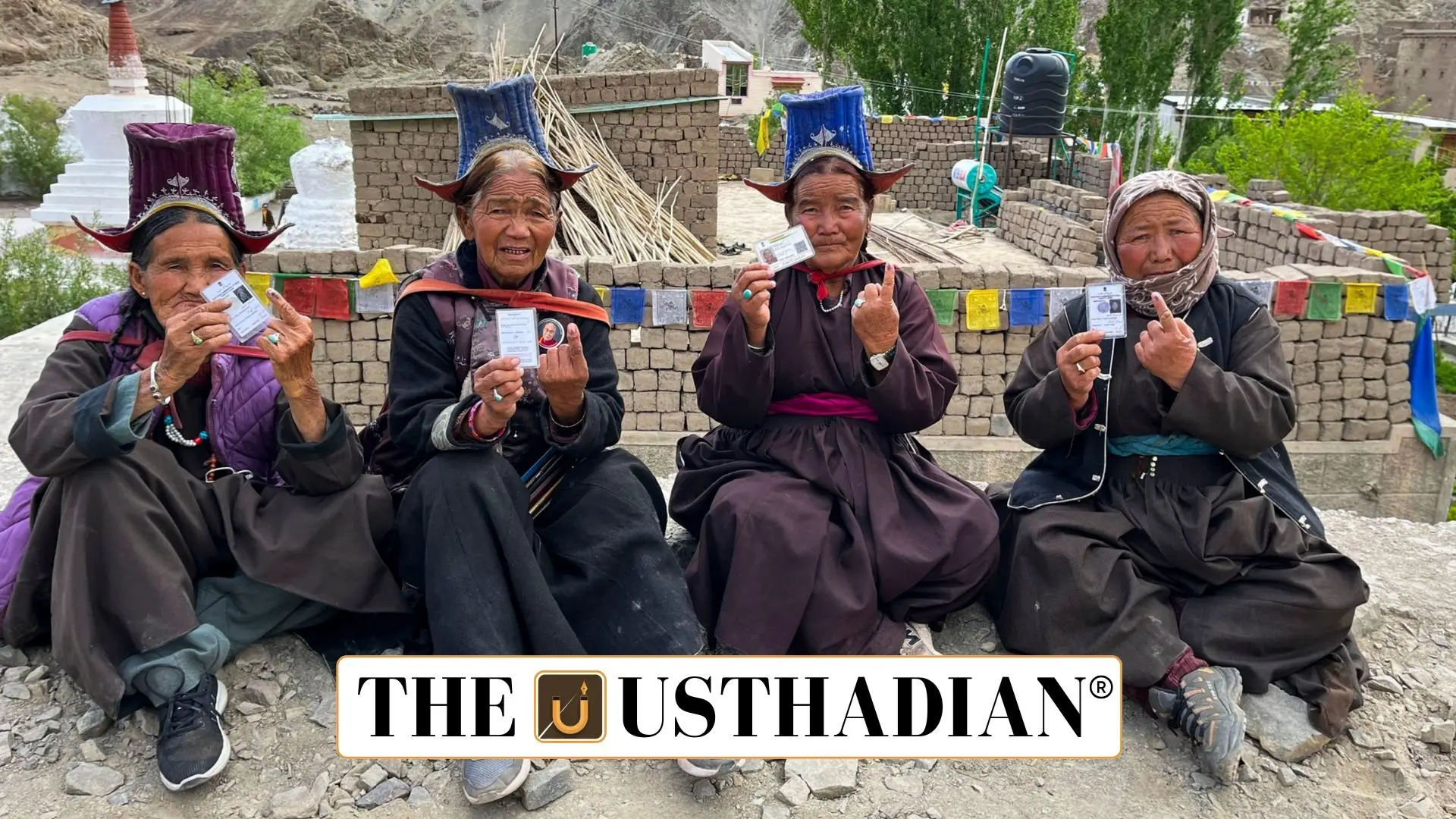Major shift in local job policy
Ladakh Gets New Job, Language and Women Reservation Rules: Ladakh has received a major push toward local empowerment. The Ladakh Reservation (Amendment) Regulation, 2025 provides a sweeping 85% reservation in public employment for those belonging to Ladakh. This quota, however, does not include the Economically Weaker Sections (EWS) category, which remains outside this cap.
This move comes under the adapted Jammu and Kashmir Reservation Act, 2004, following the UT’s creation in 2019. The decision affects all departments and posts under the Union Territory of Ladakh, ensuring locals are prioritized for government jobs.
Recognition of five official languages
Language has always been an integral part of Ladakh’s cultural identity. With the Ladakh Official Languages Regulation, 2025, five languages are now officially recognized: English, Hindi, Urdu, Bhoti, and Purgi.
Interestingly, English will remain for administrative continuity. But what stands out is the promotion of native dialects like Shina, Brokskat, Balti, and Ladakhi. These Dardic and Tibetan-rooted languages are rich in tradition but have seen decline due to limited official use.
The regulation also plans to set up an Art, Culture and Language Academy. This institution, backed by the Administrator of Ladakh, is expected to protect, promote, and develop Ladakh’s multilingual heritage.
One-third seats for women in Hill Councils
To further promote inclusive governance, the Ladakh Autonomous Hill Development Councils (Amendment) Regulation, 2025 has been introduced. This grants 33% reservation for women in both Leh and Kargil Hill Councils.
The reserved seats will rotate among different constituencies, following a serial number pattern. This step is intended to bring more women into the decision-making process, ensuring gender equality at the grassroots level.
Constitutional and legal backing
These regulations were enacted by President Droupadi Murmu using her special powers under Article 240 of the Constitution. This Article allows the President to frame laws for Union Territories without legislatures.
The source of these powers also traces back to Section 58 of the Jammu and Kashmir Reorganisation Act, 2019—a law that came into effect after Article 370 was abrogated.
What this means for Ladakh?
Together, these regulations bring a three-pronged reform: local job assurance, cultural and linguistic pride, and gender-balanced politics. It’s a timely and significant step that aligns with Ladakhis’ long-standing demands for identity, autonomy, and fairness.
Static Usthadian Current Affairs Table
| Summary/Static | Details |
| Why in the news? | Ladakh Reservation and Language Regulations Promulgated by President |
| Ladakh Reservation (Amendment) Regulation, 2025 | 85% job reservation for locals (excluding EWS quota) |
| Ladakh Official Languages Regulation, 2025 | Declares 5 official languages: English, Hindi, Urdu, Bhoti, and Purgi |
| Promotion of Native Languages | Special efforts for Shina, Brokskat, Balti, and Ladakhi |
| Art, Culture and Language Academy | To be set up under the Administrator for language and cultural development |
| Hill Councils (Amendment) Regulation, 2025 | 33% seat reservation for women in Leh & Kargil Hill Councils |
| Legal Backing | Article 240 of Constitution, J&K Reorganisation Act 2019 |
| UT of Ladakh | Formed in 2019 after bifurcation of Jammu and Kashmir |








